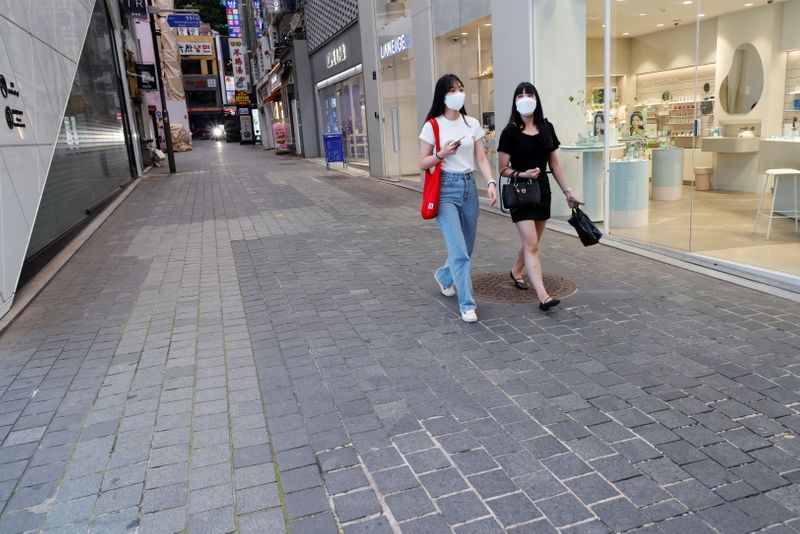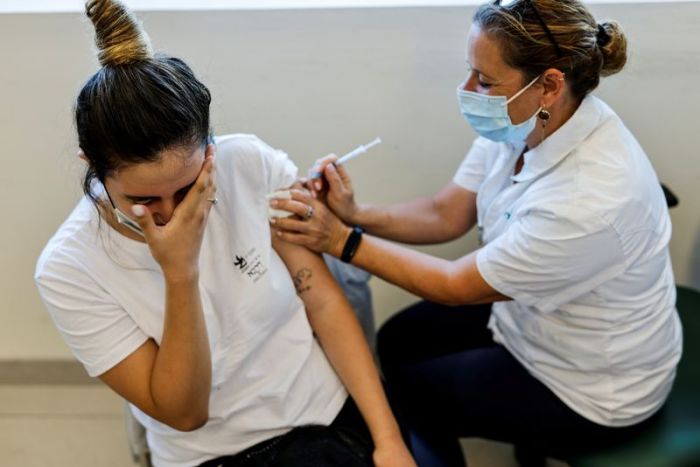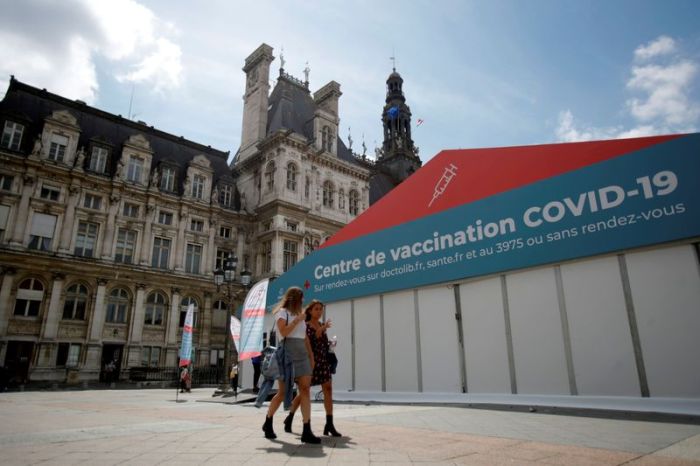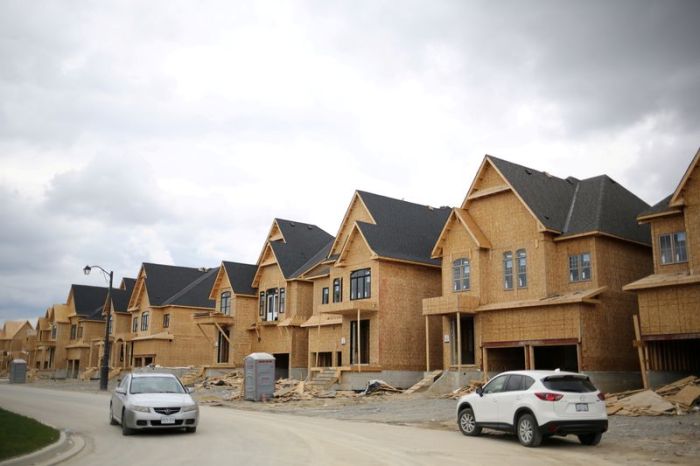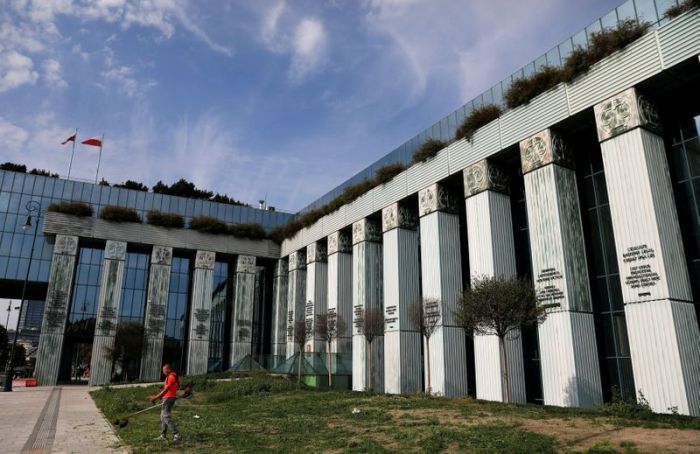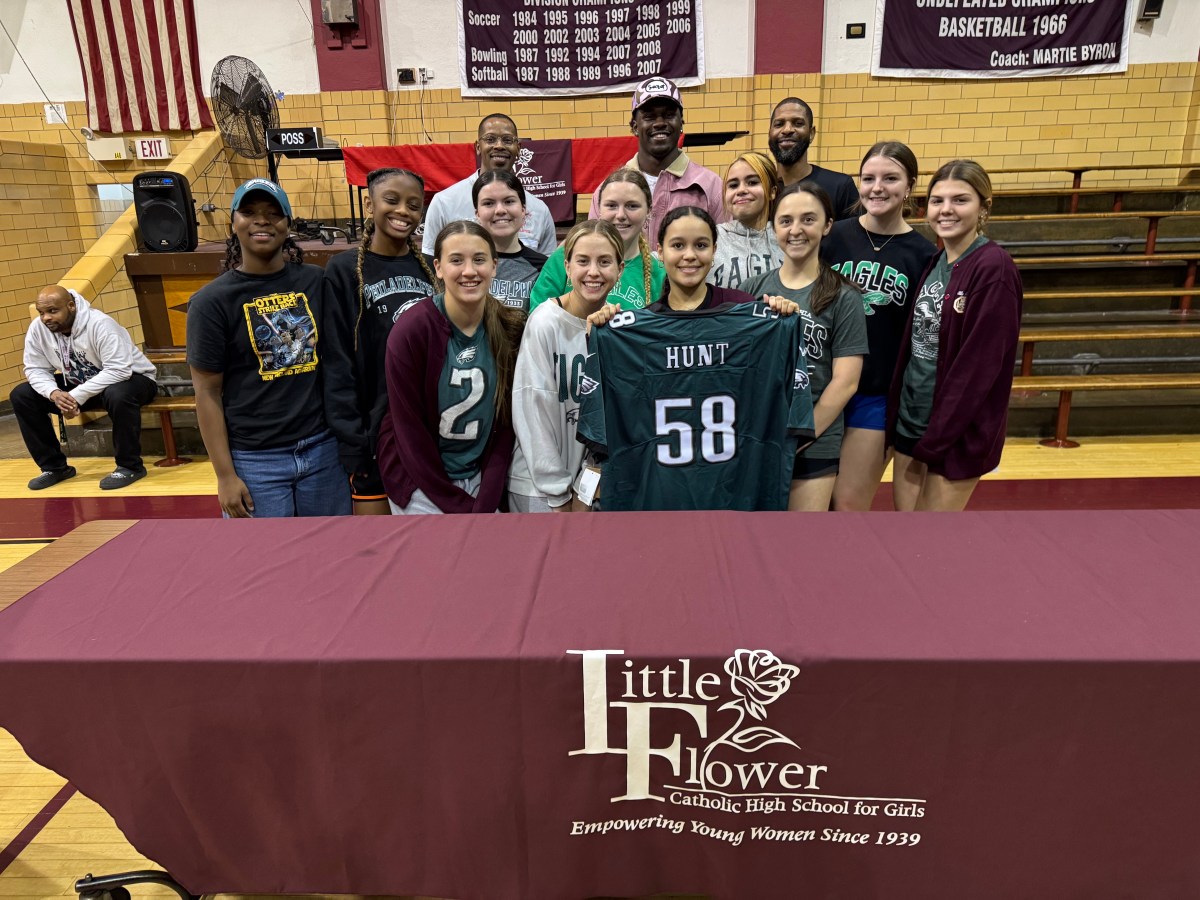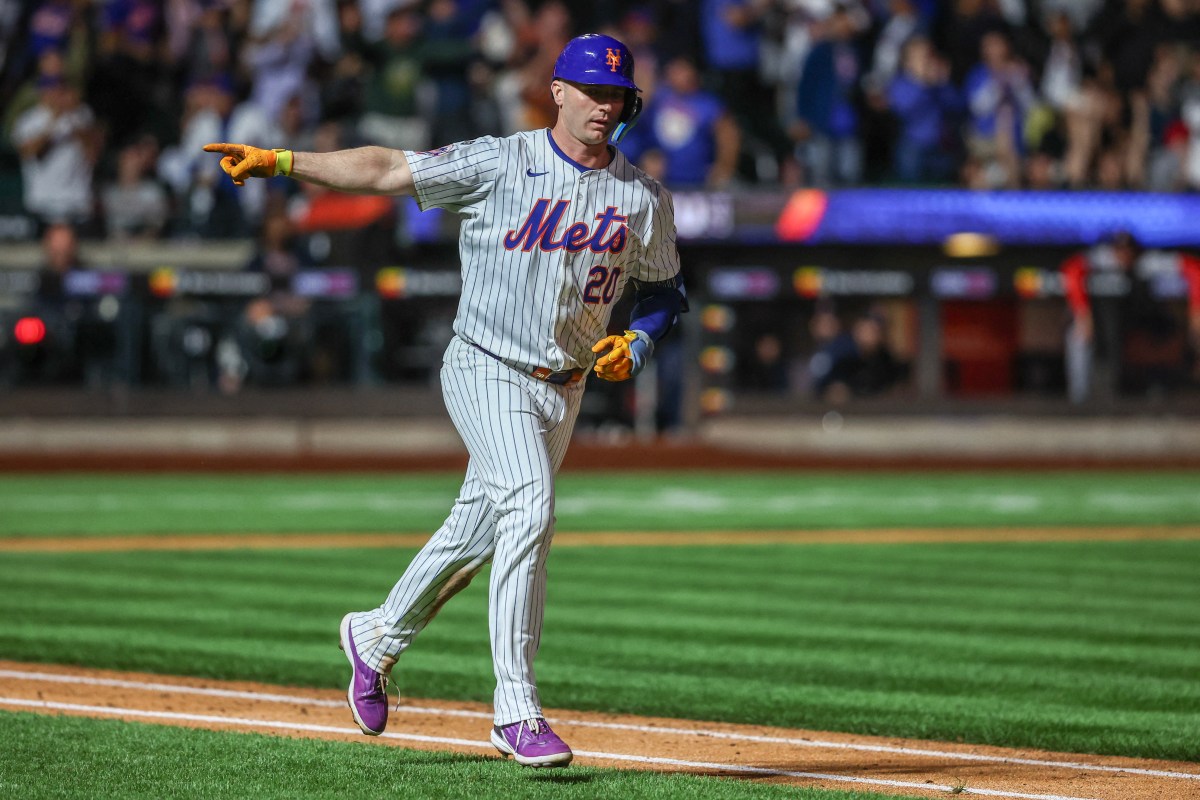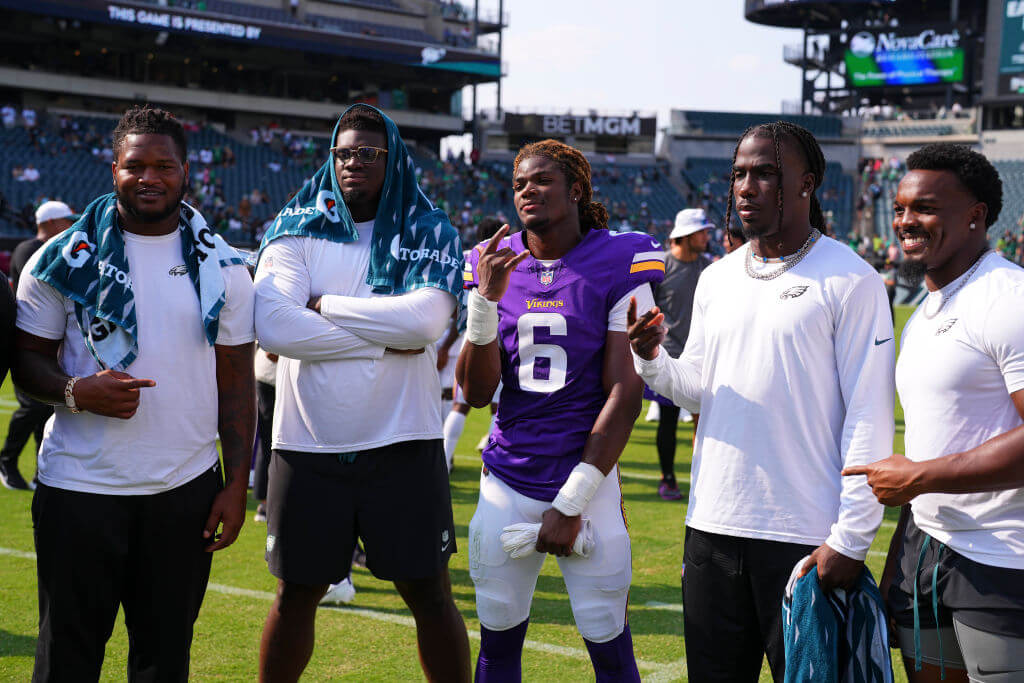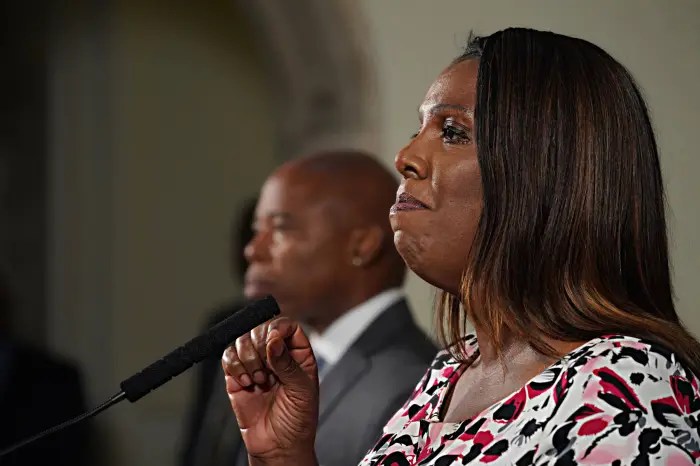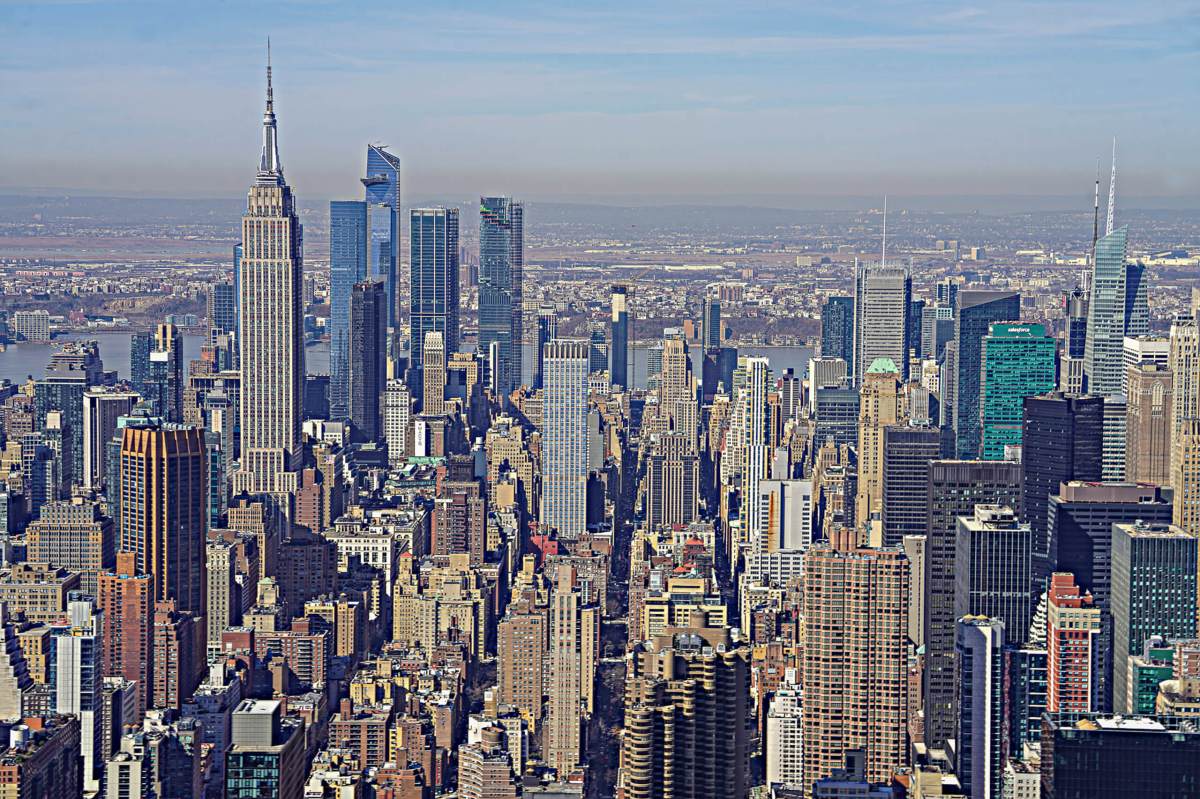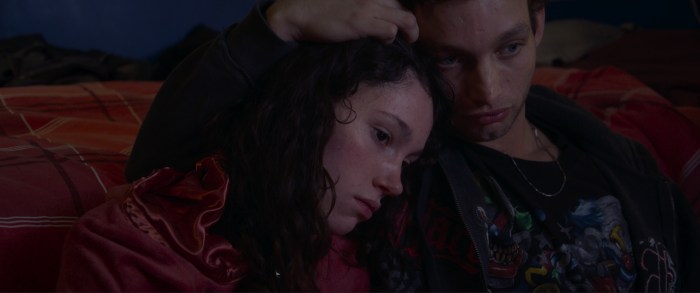SEOUL (Reuters) – South Korea’s rollout of COVID-19 vaccinations to people aged 55-59 has stuttered to a week-long halt after a record high number of new cases sparked a rush for shots, exhausting available supplies and crashing an official reservation website.
The halt in vaccination appointments for people in the upper 50s age bracket came late on Monday, the first day that inoculation bookings were opened to under-60s. Daily infections had risen to 1,440 by 9 p.m. on Tuesday, the country’s highest daily tally of the pandemic and an eighth straight day of more than 1,000 cases, Yonhap news agency reported.
While South Korea is ahead of its schedule in vaccination targets, the pace has slowed sharply in recent weeks to around 30,000 doses a day from a peak of 850,000 earlier, as it finalises shipment schedules to begin Moderna COVID-19 inoculations for people in their 50s.
“Due to strong demand, 1.85 million Moderna doses were fully booked and reservations for those who couldn’t sign up will resume on July 19,” the Korea Disease Control and Prevention Agency (KDCA) said in a statement. A total of around 3.52 million people in the 55-59 age group were eligible to sign up, leaving 1.67 million still to reserve shots.
Just about 11.6% of the country’s 52 million population has completed vaccination, including receiving both shots for products requiring two doses, while 30.4% have received one dose, according to government data.
South Korea expects to receive at least another 9 million doses this month, but the government hasn’t released the exact timeline, citing a non-disclosure agreement with the vaccine makers.
Health authorities sought to reassure the public on Tuesday that enough vaccine supply will be secured in August for the 55-59 age group who couldn’t book on Monday and for other people in their 50s, a KDCA official told a briefing.
“We deeply apologise for failing to notify in advance of the possibility of early closure,” the official said.
The uncertainty over vaccine supply has led to a public outcry, with the authorities facing accusations from media organisations and members of the public of being grossly underprepared.
“The government clearly said the reservation opens from Monday and some who were busy thought they’d be safe to book the next day,” Chun Eun-mi, a respiratory disease specialist at Ewha Womans correct spelling and punctuation University Medical Center in Seoul, told Reuters.
“Now they will need to compete for their shots and their turn will be delayed by at least a week,” Chun said.
A mass testing system has helped the country suffer lower COVID-19 death rates than other developed countries so far without severe lockdowns.
But the new wave of infections prompted the government to impose the toughest restrictions yet in capital Seoul and neighbouring areas starting Monday, including a ban on gatherings of more than two people after 6 p.m.
The latest clusters have seen far fewer serious infections than earlier ones, with many older and more vulnerable South Koreans now vaccinated against the virus. The new cases brought South Korea’s total tally to 170,296, with 2,048 deaths, KDCA data showed.
But health authorities have expressed concerns over the growing infections among young patients who have not yet received vaccine shots, and the spread of the Delta variant, which accounted for about 63% of recent more transmissible variants.
(Reporting by Hyonhee Shin, Sangmi Cha; Additional reporting by Josh Smith; Editing by Kenneth Maxwell and Nick Macfie)

